I was a latecomer to Facebook. I created an account in 2007, but didn’t really use it until 2009. I had just given birth to my third child, who had a rough start and I was often up late worrying about him. To pass time in the wee hours, I spent hours poring through people’s Facebook pages and photographs.
Over time, Facebook became a key social media tool for my company. When one of my presentations went viral on the Internet, I started getting hundreds of friend requests from people I had never heard of. I decided to create a public page, so that people could follow my work if they wanted to—and I didn’t have to hurt anyone’s feelings by not accepting their friend requests.
I’m not going to repeat what many others have written about how Facebook took up their time, took them away from their children, and so on. Even so, the temptation to check the latest statuses was strong, and I started to see how Facebook really ate up time I could use for other things.
At that time, I lived in a small town. Everyone used Facebook to communicate, and this had its drawbacks: people would air conflicts online and use pictures or posts against each other both online and in person. Several times, I posted blanket statements that weren’t directed at any single person, and was quickly accused of talking about specific people in town. After repeated incidents of rumors running amok because of something I posted online, I didn’t feel good about Facebook anymore. I also didn’t like how the privacy settings weren’t really private. My husband, who has no interest in Facebook, suggested that I close my account. I agreed, and in early October, I started unfriending people in preparation for the account deactivation, reasoning that if I whittled down my friends list to zero, I could then be more selective once I reactivated my account someday.
The response was astounding. In late October, I had just presented a workshop in New York City, and was at LaGuardia Airport waiting to board my flight home. While waiting, I posted a message explaining that I was planning to deactivate my account, but people could find me on my other accounts. A few minutes later, I got a furious message from someone who lived in the same town, very upset I had unfriended him. His over-the-top email told of how I was unwelcome in some of the local Facebook groups, and that I wasn’t liked in town at all.
I burst into tears reading his message. People sitting next to me looked at me, startled at this sudden reaction. I was blown away by his email, and how it was so personal when my actions were not directed at anyone in particular—rather, it was an attempt to safeguard my family’s privacy. I posted another message, clarifying that I was shutting down my account and that it was nothing personal against anyone. After all, if people really wanted to stay updated on my doings, they could view my photos on Instagram, follow me on Twitter, “like” my public page, and visit my websites.
Since then, it’s been a marvelous experience, albeit a bit of a sociological experiment. I’ve received quite a few messages asking if I was okay and why I had shut down my Facebook account. The interesting thing was that these messages came about several months after deactivation. I also got a couple of messages from friends who were upset with me for allegedly blocking them. Once I explained that I had simply closed my account, they were virtually red-faced, apologizing for jumping to conclusions. It fascinated me that they were quick to assume instead of learning the facts first. I also found my family excluded from many local events, mainly because people forgot I wasn’t on Facebook anymore and didn’t have access to their invitations.
Still, something interesting started to happen. I started getting messages from friends who genuinely wanted to know how I was. They asked how my children were. They asked about my work. I was thrilled, because now I could have a meaningful email or even video conversation with them instead of quick soundbites here and there. I felt comforted that they took time out to check in on me, that I actually meant something to them.
Will I ever go back on Facebook? Sure, although technically, I never left—I still have my professional pages. When I do reactivate my account, I’m certainly going to be a lot more selective in who I allow in on my friends list. I don’t like being overwhelmed by messages coming at me from all directions, as if I were at a party saying hi in passing to 50 people and having in-depth conversations with none. I much prefer building, and nurturing, relationships with people, even if I don’t know them that well.
And that is the takeaway, for me, from this whole experience: that we all need to start reaching out to each other outside of social media. It’s so easy to feel like a social media minion, one of thousands and even millions of people on Facebook. Today, send an email or text to someone (or even call), and ask how that person is. It doesn’t have to be a long message; simply a, “Hey, how you doing?” will go a long way.
Copyrighted material, used by permission. This article can not be copied, reproduced, or redistributed without the written consent of the author.

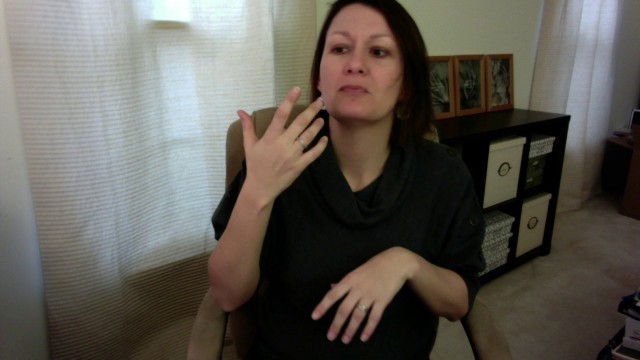
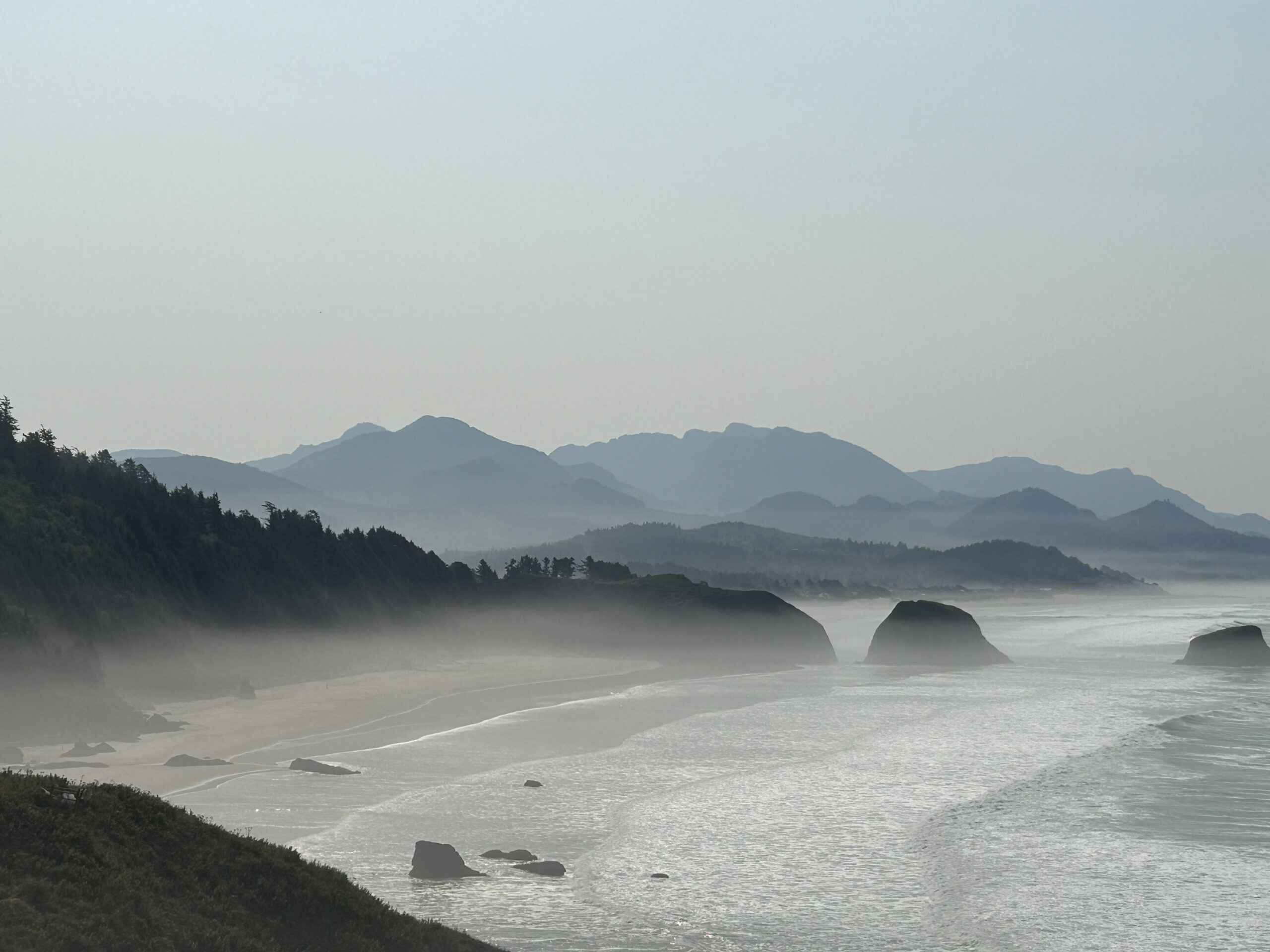
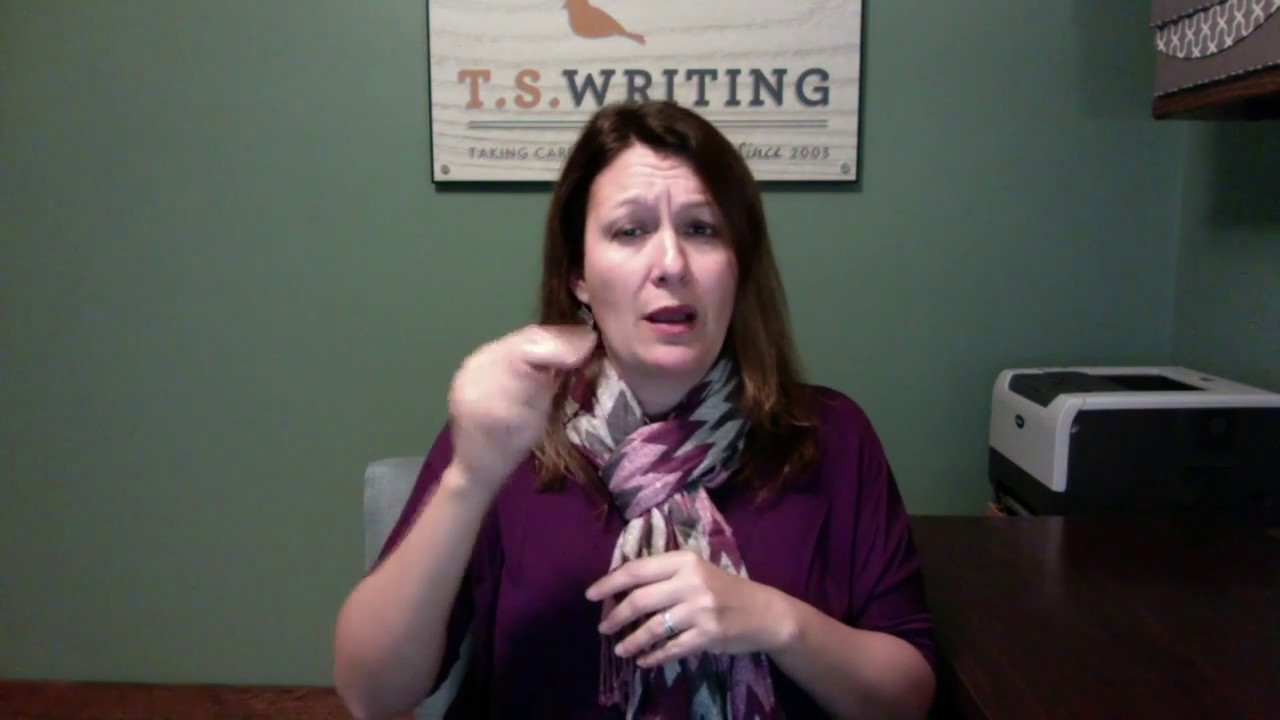
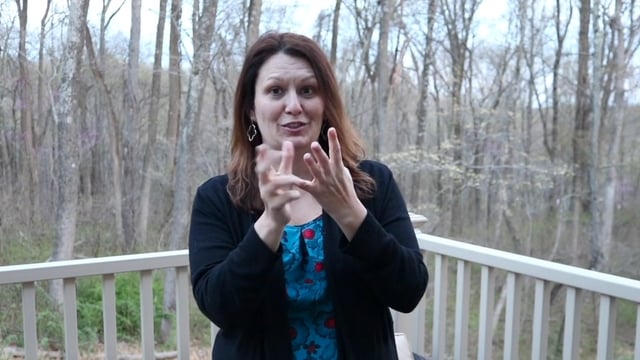
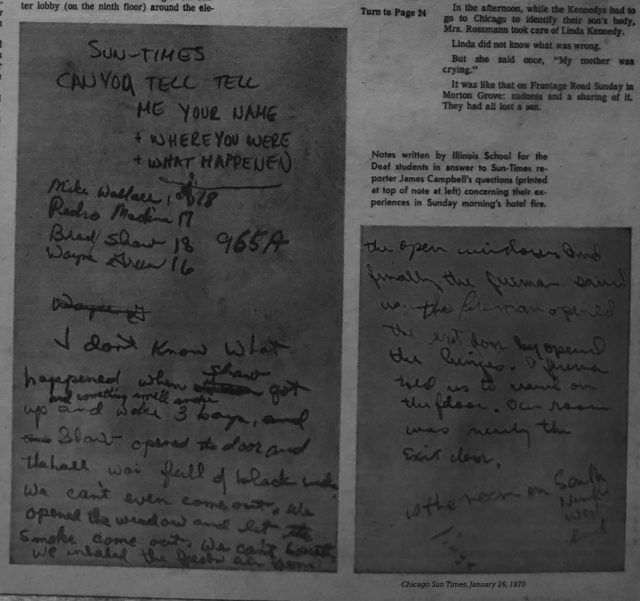
THANK YOU so much for posting this! It’s enlightening to know that I’m not the only one who feels this way. You have made a very good point in conveying the dilemma that we all face. I have been feeling the same way about Facebook for a long time (I joined in 2008) and have been debating with myself on whether I should keep my account. It feels very, very impersonal and it has created a disconnect with family and friends in a very subtle way that is discouraging, and we all have been sucked into it. I agree 100% with what you said, although my experiences haven’t been as negative as yours. I can’t help but sense that people are afraid to be “out of the loop” and miss out on events or gatherings (myself included) and that is probably, if not the main reason, why most of us keep our accounts. They’re also probably worried about backlash, such as what you experienced. I’m very concerned about privacy. I have removed many photos of my family, friends and photos that I have taken. That still leaves photos that are posted by friends or family that I may not want on Facebook, but I say nothing about the postings. I have gone days without checking Facebook and I noticed that I feel a sense of freedom not looking. That says something, doesn’t it?
I just felt the need to share my thoughts here for two reasons. The first is that I am inspired by your work as a Deaf business owner and it’s always refreshing to see Deaf and hard of hearing folks succeed in business. Kudos to you! The second is that it takes courage to go against the grain and by your posting you have opened up the debate on whether Facebook is worth it or not. Thanks again for posting this! I wish you all the best.
Janel Stromme (Livermore, CA)
Thanks, Janel! :) I’m actually back on Facebook on my personal account, and have chosen to keep it very, very superficial. I do see an increase in community involvement, which is interesting…but I don’t intend to be as much of a user as I was in the past. And you are exactly right about that “sense of freedom” from not looking. Such an interesting experience, definitely.